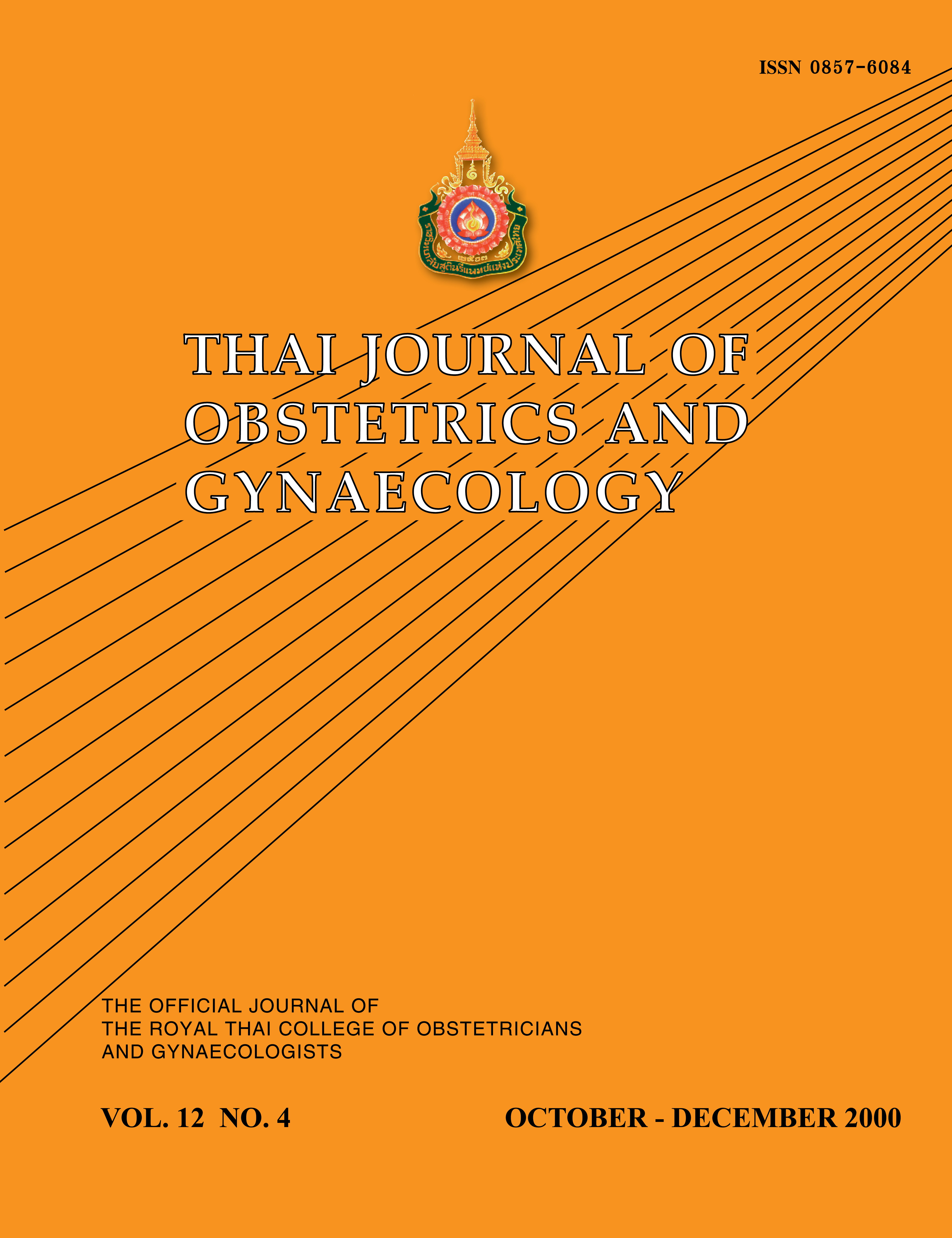Leiomyomatosis Peritonealis Disseminata Associated with Endometriosis
Main Article Content
Abstract
Leiomyomatosis peritonealis disseminata (LPD) is a rare disease, characterized by the presence of multiple smooth muscle tumour nodules scattered over the abdominopelvic viscera and peritoneum which occurs mostly in women of reproductive age. Approximately 55 cases have been reported in the world literature so far. LPD is a benign condition and mostly asymptomatic for which conservative management is indicated. However, 8 cases of them were complicated by sarcomatous degeneration. Because LPD has a definite malignant potential, extensive sampling of the lesions and careful follow-up should be recommended. An aggressive surgical approach seems to be necessary in some cases especially in the cases who have symptoms and no dramatic response to conservative treatment. The case of a 35 year-old woman is presented. The patient's history revealed prolonged exposure to oral contraceptives, for 18 years, with first presentation of pelvic endometriosis. Six years later, LPD and endometriosis were diagnosed by diagnostic laparoscopy with histological examination due to recurrent chronic pelvic pain. Eight months of GnRH analog treatment and 2 years of follow-up were performed. Finally, total abdominal hysterectomy with debulking of culdesac, bilateral salpingo-oophorectomy, omentectomy had to be done due to the recurrence of severe chronic pelvic pain. Pathologic studies showed an admixture of leiomyomatosis peritonealis disseminata (LPD) and endometriosis. The association with endometriosis suggests that LPD may be derived from subcoelomic mesenchyme through a metaplastic process.
Article Details

This work is licensed under a Creative Commons Attribution-NonCommercial-NoDerivatives 4.0 International License.


